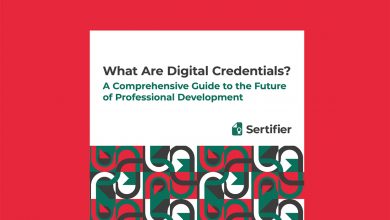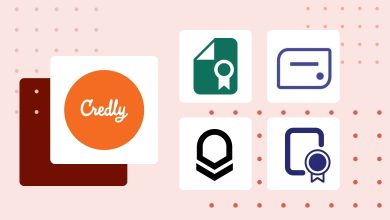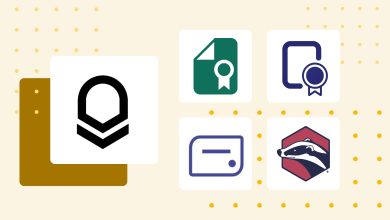Avoiding Certificate Fraud with Smart Certificate Validation
Smart Certificate and Blockchain Connection
Blockchain technology was a breath of fresh air in the 4.0 industrial revolution not long ago, and it attracted a lot of interest from the tech community in general and academics in particular. This is mostly due to its unique technological features, which include decentralization, immutability, stability, and traceability. Many implementations of blockchain have been created as a result of these technological features, and they have solved numerous problems in a variety of fields such as banking, commerce, supply chain management, and healthcare.
Despite the fact that a growing number of blockchain-based educational apps have been created, only a few have been implemented. As a result, there’s still a lot of uncertainty about its future prospects in this area.
Fraud Problem
Certificates are essential in education as well as resource management. Individual learning documents are becoming more important for people’s professional advancement. As a result, these teaching materials should be held in a permanent register that cannot be tampered with.
There have been several instances of degree fraud over the past few decades. With the rapid advancement in technology, faking a professional-looking degree credential or obtaining one over the internet has never been simpler.
According to The New York Times (2015), there are 3.300 undisclosed higher education institutions offering degrees to those able to pay, and diploma mills offer more than 50,000 Ph. D.s per year. Furthermore, according to a study undertaken by CareerBuilder.com (2014), 58 percent of nearly 2,200 HR managers caught lies on resumes, with one of the most popular lies accounting for roughly 33 percent of the total.
Many solutions have been identified to reduce degree fraud in response to the challenge. However, none of them has been able to fully resolve the problem so far.
Why is Blockchain technology so Important for Smart Certificates?
Any advantages of Smart credential – an educational application based on blockchain technology – are listed below, based on the four features outlined above:
1. By offering evidence of achievement and membership, it assists the employer in reducing the expenses and time associated with standard credential authentication.
2. It saves the organization time and resources when it comes to manufacturing certificate documents.
3. It has long-term storage.
4. It prevents the certificate from being tampered with.
5. It enables informal learning, such as online learning and boot camps, to become more secure, trustworthy, and accepted, which has been underappreciated and lacking in official credentials in recent years.
6. Students assume sole responsibility for safeguarding and sharing their credentials without the assistance of a third party.
Any colleges are also using blockchain technologies to monitor and check academic credentials. The University College London in the United Kingdom and the University of Nicosia in Cyprus, for example, use the Bitcoin blockchain to verify academic credentials. On the Bitcoin Blockchain, the MIT Media Lab created a scheme for automated academic certificates. Sony Global Education is creating a useful educational infrastructure for the open sharing of academic proficiency and progress records.
To sum up, blockchain technology, which is at the beginning of the road, will find new solutions in many areas as it develops and will make its solutions simpler, more accessible, and usable in the areas where it currently offers solutions. Only technology can find the solution to new types of frauds and thefts arising with the development of technology. With blockchain technology, all data will be much more protected and provable in the future.



